GLOBAL LOGISTICS
Whatsapp: +86 13510290734
Email: op@sz-junqing.com

The trade relationship between China and South Korea has remained strong over the past few decades, with bilateral trade volume reaching significant heights. In recent years, China has become South Korea’s largest trading partner, and South Korea has become China’s third largest trading partner. For the whole year of 2022, the trade volume between China and South Korea reached 362.2 billion U.S. dollars. The trade between the two countries mainly includes electronic products, machinery and equipment, excavators, transportation equipment, optical instruments and raw materials.
Junqing logistics is a leading Chinese freight forwarding company that provides comprehensive transportation solutions from China to South Korea, including packaging, warehousing, air freight, ocean freight, customs clearance, door-to-door and other services. With a decade of experience and an unwavering commitment to providing cost-effective and reliable shipping options, Basenton has the expertise and resources to help you navigate the complexities of shipping between China and South Korea. Please rest assured that your goods will arrive safely and on schedule.
There are 2 available shipping methods from China to South Korea: Sea freight and air freight. Sea freight is one of the most popular methods for all merchants, mainly because there are no restricted items and the price is very reasonable.
With the continuous economic development and globalization of various countries, shipping has gradually become an international industry. This huge industry is also facing many challenges. Shipping companies face these challenges one by one and overcome them. One of the advantages of shipping by sea is the use of containers.
The main trade route connecting China and South Korea is by sea. Major Chinese ports such as Shanghai, Ningbo, Qingdao, Tianjin and Guangzhou regularly deliver goods to Busan, Incheon and Pyeongtaek in South Korea. Typically deployed vessels are container ships, bulk carriers and ro-ro vessels.
For affordable cargo transportation from China to South Korea, sea freight is a cost-effective option. Shipments usually arrive at their destination within 5 to 10 days. The exact cost of ocean shipping depends on the weight and size of the goods being shipped.
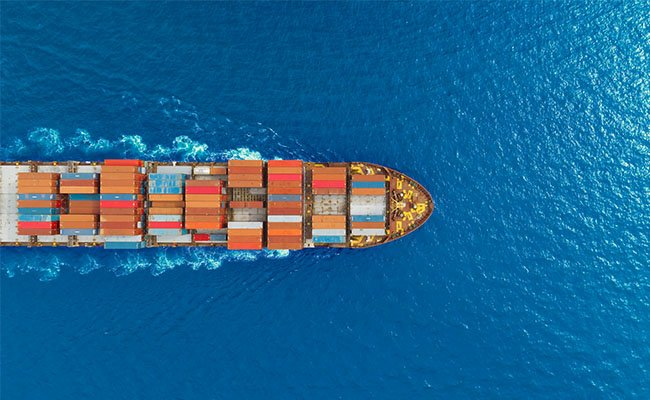
LCL shipping is much cheaper than FCL shipping. This means you can typically ship with other importers for shipments with dimensions below 1-15 cubic meters. LCL shipments are ideal for those who need to send small shipments internationally.
If you need to ship LCL goods by sea from Guangzhou, China to South Korea, the cost is approximately US$85 per cubic meter.
FCL shipping is the most affordable and efficient way to ship products between mainland China and Hong Kong. It is an ideal solution for businesses that need to transport large quantities of goods quickly, cost-effectively and safely.
The cost of shipping FCL goods to Hong Kong is estimated based on the weight of the goods and other factors.
Shipping a 20-foot container from Guangzhou, China to South Korea costs approximately $700.
There are many routes between China and South Korea, and the most popular routes are between major ports in each country. The main shipping routes between China and South Korea include:
Air freight is a popular choice for transporting goods between China and South Korea, as it is fast and efficient.
Why is air freight from China to South Korea the perfect choice for your cargo?
First, this service supports high-value shipments, which is necessary when your shipment is urgent. You can also enjoy door-to-door delivery so you don’t have to waste time getting your goods to their destination.
Air freight from China to South Korea takes about 1 to 5 days, and the average price is US$5 to US$8 per kilogram.
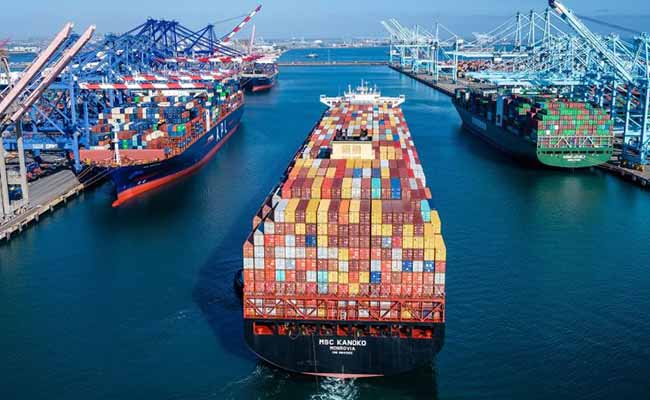
There are two major types of air transport on routes between China and South Korea: conventional air transport and express air transport.
Traditional Air Freight: Traditional air freight involves transporting goods via commercial airlines or freight companies. It is typically used for larger and heavier loads that are not time sensitive. Conventional air freight can be further divided into the following categories:
Express Air Freight: Express air freight involves shipping goods via express carriers such as DHL, FedEx, TNT or UPS. It is typically used for time-sensitive shipments that require expedited delivery. Express air transport can be divided into the following categories:
How much does it cost to ship from China to South Korea in 2025
| Shipping Mode | Cost |
| LCL (Less than Container Load) | $50-$100 per cubic meter |
| FCL (20-foot container) | $500-$1,500 |
| FCL (40-foot container) | $800-$2,000 |
| Express Shipping | $5-$10 per kilogram |
| Air Freight | $3-$6 per kilogram |
Shipping market prices are changing rapidly. Ocean and air freight prices from China to South Korea fluctuate over time, affected by supply and demand and carrier strategy adjustments. Year-on-year differences can be large, and last week’s prices may not apply this week.
The price from China to South Korea can only be estimated. If you want to know the latest and most correct price, you can contact Junqing Logistics to get a quote.
How much does it cost to ship a 20ft container from China to South Korea? The average price for shipping a 20-foot container from China to South Korea is US$550 to US$1,550. Shipping schedules for shipping 20-foot containers from China to South Korea vary by route.
How much does it cost to ship a 40ft container from China to South Korea? The average price for shipping a 40-foot container from China to South Korea is US$1,050 to US$2,550. Shipping schedules for shipping 40-foot containers from China to South Korea vary by route.
|
Type of container | Ocean freight rates from China to South Korea | |
| How much does it cost to ship a container from Shangai China to South Korea | 20 foot container FCL 40 foot container FCL |
average price from: $750 20FT average price from: $1550 40FT |
|
| How much does it cost to ship a container from Shenzhen China to South Korea | 20 foot container FCL 40 foot container FCL |
average price from: $650 20FT average price from: $1250 40FT |
|
| How much does it cost to ship a container from Ningbo-Zhoushan China to South Korea | 20 foot container FCL 40 foot container FCL |
average price from: $800 20FT average price from: $1650 40FT |
|
| How much does it cost to ship a container from Hong Kong China to South Korea | 20 foot container FCL 40 foot container FCL |
average price from: $550 20FT average price from: $1250 40FT |
|
| How much does it cost to ship a container from Guangzhou China to South Korea | 20 foot container FCL 40 foot container FCL |
average price from: $1050 20FT average price from: $2050 40FT |
|
| How much does it cost to ship a container from Qingdao China to South Korea | 20 foot container FCL 40 foot container FCL |
average price from: $850 20FT average price from: $1550 40FT |
|
| How much does it cost to ship a container from Tianjin China to South Korea | 20 foot container FCL 40 foot container FCL |
average price from: $950 20FT average price from: $1850 40FT |
|
| How much does it cost to ship a container from Dalian China to South Korea | 20 foot container FCL 40 foot container FCL |
average price from: $650 20FT average price from: $1350 40FT |
|
| How much does it cost to ship a container from Xiamen China to South Korea | 20 foot container FCL 40 foot container FCL |
average price from: $750 20FT average price from: $1750 40FT |
|
| How much does it cost to ship a container from Yingkou China to South Korea | 20 foot container FCL 40 foot container FCL |
average price from: $750 20FT average price from: $1750 40FT |
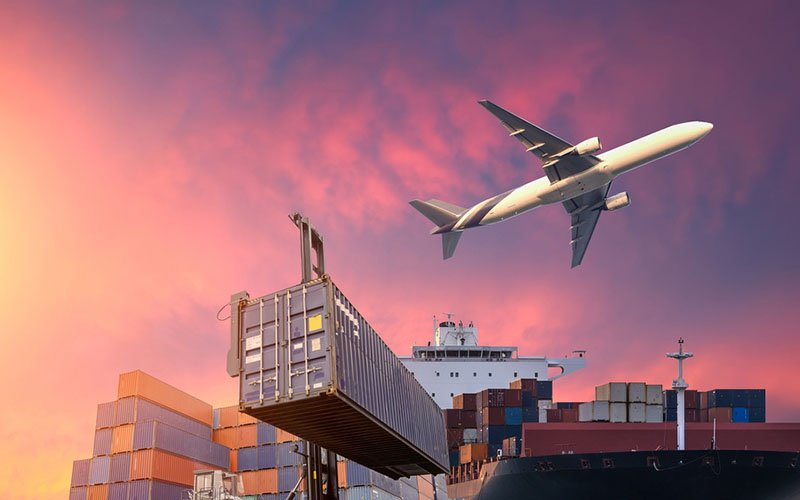
The cost of air freight from China to South Korea is about US$5 to US$8 per kilogram. The specific cost may fluctuate because it is affected by many factors such as the distance from the departure and arrival airport, the size and weight of the cargo, etc.
In express air freight, the equivalent rule is based on the ratio of weight to volume, a ratio of 1 to 5. This means that 1 ton of weight can be transported for every 5 cubic meters of space. In other words, 1 cubic meter of space is equivalent to a weight of 200 kilograms, which can be expressed as a weight-to-volume ratio of 1:5, or as
1 cubic meter = 200 kilograms (1/5)
For regular freight, the weight-to-volume ratio is 1 to 6, that is, 6 cubic meters of space can transport 1 ton of weight. In addition, a gross weight fee is charged for ratios of 1 to 6 or less. Pricing is calculated based on volumetric weight, which is the actual volume divided by 6. For example, 1 cubic meter of space is equivalent to a weight of 167 kilograms, or 1/6 ton, which can be expressed as a weight to volume ratio of 1 to 6, or
1 cubic meter = 167 kg (1/6)
Shipping from China to South Korea usually takes 5 to 10 days by sea, and 1 to 5 days by air.
A flight from any airport in China to South Korea can take up to 6 hours. Air freight door to door, express freight (express) will allow you to transfer all your goods to an accurate address in South Korea within 3 days. With regular air freight, your goods will be delivered within a week from the Chinese supplier to your Korean address.
Air freight shipping time is difficult to estimate as it mainly depends on budget: direct flights within a day are possible, but may be more expensive. On average, you can expect it to take 3 to 5 days
Door to Door Shipping from China to South Korea refers to the whole logistics service that transports goods directly from the starting point such as factories and warehouses in China to the designated address of the consignee in South Korea. It does not require customers to participate in the intermediate links, saving time and worry. Whether it is an international trading company, a cross-border e-commerce company, or an individual buyer, door-to-door transportation provides great convenience.
The geographical distance between China and South Korea is relatively close, and the logistics network is mature, so the door-to-door service is more efficient. China’s major export cities such as Shenzhen, Guangzhou, Shanghai, Yiwu, Qingdao, etc. can provide door-to-door services directly to Seoul, Busan, Incheon and other places in South Korea, including sea transportation, air transportation and dedicated express delivery.
In the door-to-door service, freight companies usually provide one-stop service content, including door-to-door pickup, export customs declaration, international transportation, Korean customs clearance, tax payment (such as DDU/DDP mode), and delivery to the door. Customers only need to provide basic information such as packing list and invoice, and the rest is the sole responsibility of the freight forwarder.
This type of service is particularly suitable for customer groups such as cross-border e-commerce sellers, OEM customers, and Korean small and medium-sized importers. It can effectively reduce communication costs and time loss and improve international trade efficiency.
DDP (Delivered Duty Paid) means that the seller bears all costs and responsibilities incurred during the entire transportation process, including freight, tariffs, customs clearance and destination delivery, until the goods are safely delivered to the buyer. In the trade from China to South Korea, DDP transportation is becoming increasingly popular, especially in the field of cross-border e-commerce.
Choosing DDP transportation means that buyers no longer need to deal with customs clearance or pay additional fees when receiving the goods, which is very attractive to Korean customers who do not understand the import process. Freight forwarders will assist Chinese exporters or factories in completing a series of complex processes to ensure that the goods are delivered in compliance, safely and on time.
Common modes of transportation include sea freight DDP, air freight DDP and express delivery DDP. Air freight is suitable for small and time-sensitive goods, which can be reached in 2-5 days; sea freight is suitable for large-volume and cost-sensitive customers, usually 7-12 days; and express delivery such as DHL and FedEx supports DDP services, which are fast and convenient for customs clearance.
For sellers, providing DDP service can not only improve customer satisfaction, but also increase order conversion rate. In particular, by cooperating with professional freight companies, such as Basenton Logistics, you can enjoy more stable prices, more efficient customs clearance processes, and comprehensively reduce international logistics risks.
When importing goods from China to South Korea, a variety of documents are required to ensure smooth customs clearance. Here are the basic files you need:
Import duties and taxes: All import duties and taxes in Korea are calculated on the value of the shipment, which is the landed price (CIF).
South Korea’s tariff rates range from 0% to 40%, with an average tariff rate of 4.17%.
Value-added tax: Imported goods worth less than 150,000 won are exempt from customs duties and value-added tax; VAT = standard VAT rate 10% x (CIF price + customs duty + applicable taxes).
The tariff rate for motors, electrical equipment and accessories is 0-13%, the tariff rate for steel is 8%, the tariff rate for organic chemicals is 0-8%, and the tariff rate for furniture, bedding and lighting equipment is 8%.
Customs clearance documents: bill of lading, packing list, invoice, China-Korea FTA certificate of origin.
Agricultural products, fruits, vegetables and other foods must provide animal and plant quarantine certificates.
Products that come into direct contact with the mouth, such as cups and plates, are classified as food grade and require a hygiene certificate, ingredient statement and manufacturing process.
Wood products, solid wood, and straw products require fumigation certificates and food quarantine to clear customs.
South Korea imports a wide variety of goods from China. The following are the most important categories:
China and South Korea have close trade relations, and freight forwarding services have become a bridge connecting the cooperation between the two companies. Freight forwarding companies can help exporters handle the entire process from shipment preparation to last-mile delivery, making international transportation simple and efficient.
One-stop freight forwarding services cover all aspects: picking up goods, loading containers, customs declaration, warehousing, transit transportation, customs clearance, tax payment, delivery, etc. According to the type of goods and time requirements, customers can choose different modes of transportation, such as air transportation, sea freight FCL/LCL, express delivery, etc. Professional freight forwarders will recommend the most suitable solution based on actual conditions.
Choosing a suitable freight forwarder can significantly reduce costs. For example, if the customer’s goods are light and small products, air transportation or express delivery can be selected; if it is bulk machinery or furniture, it is recommended to use FCL sea transportation and cooperate with customs clearance agents to handle door-to-door delivery. Different types of services will also affect timeliness and final price.
Among many freight forwarders, Junqing Logistics, as a service provider that has been deeply involved in the China-Korea route for many years, has rich operating experience, customs clearance resources and delivery networks, and can provide customers with truly worry-free, time-saving and cost-saving China-Korea transportation solutions. Whether it is general trade, cross-border e-commerce or DDP door-to-door service, Basenton can respond flexibly to ensure that each shipment arrives smoothly in the hands of Korean customers.
DDP Shipping from China to Guatemala-Junqing Logistics, a leading international freight forwarder in China, has extensive experience in shipping from China to Guatemala and offers one-stop solutions, including ocean freight, air freight, direct delivery (DDP), and door-to-door services.
2025-09-05
Shipping cost from China to Gambia-China freight forwarding services serve as a crucial bridge for trade between China and Gambia, providing professional support for businesses requiring more flexible transportation options.
2025-09-18

More →
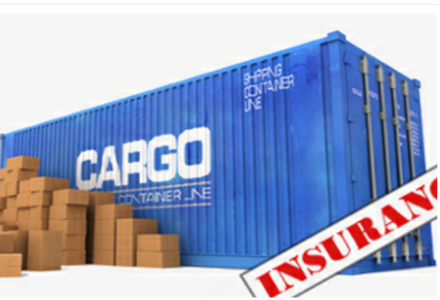
More →
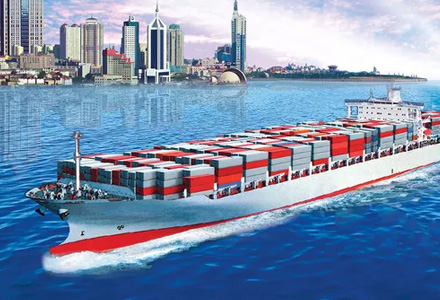
More →
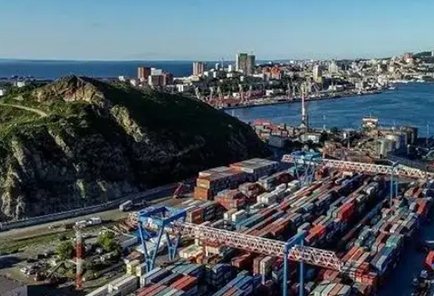
More →
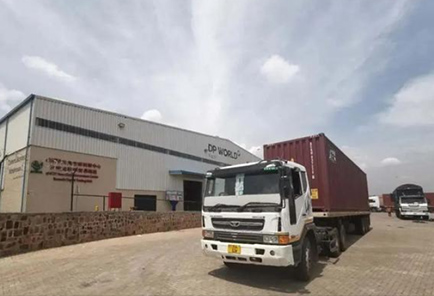
More →
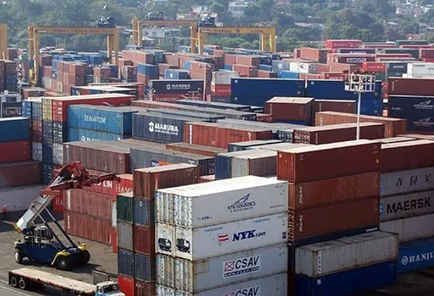
More →
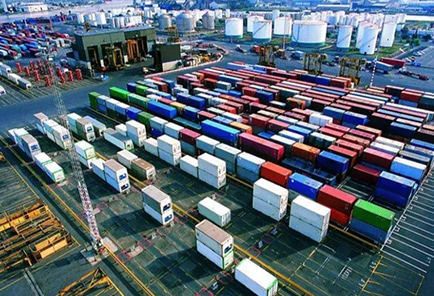
More →